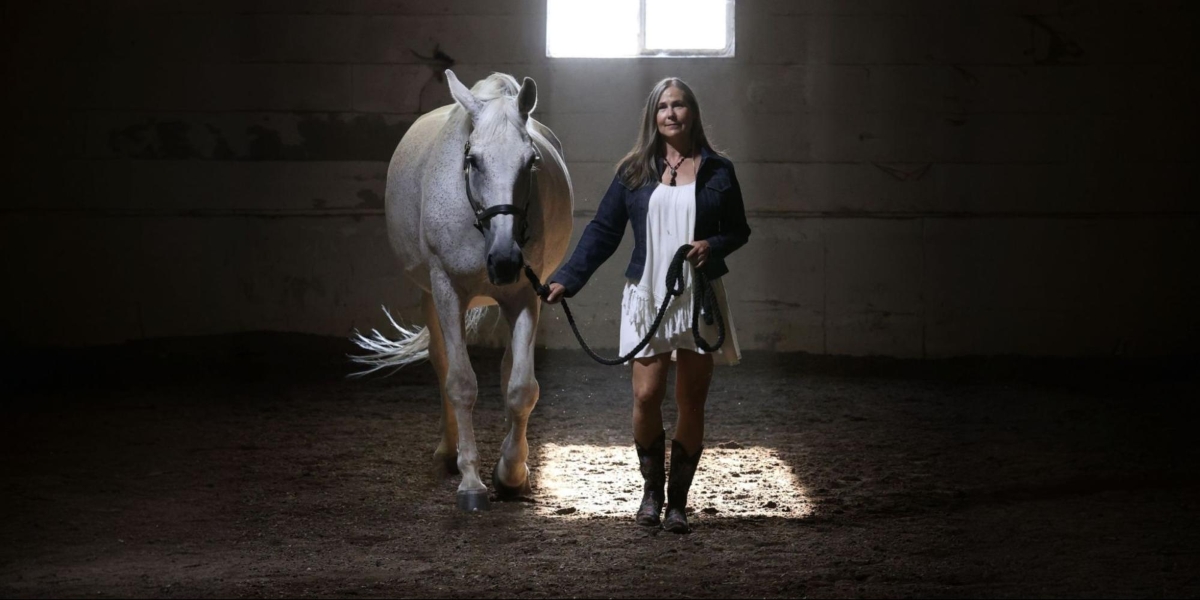By: Natalie Johnson
Leadership today is often measured beyond financial results. Stakeholders are increasingly looking at how leaders create environments where people feel seen, valued, and supported. The conversation around inclusion has shifted from something that may be considered “nice to have” to something that many now view as increasingly important for business success. Leaders who begin to embrace this shift may be better positioned to innovate, retain talent, and build trust.
One of the voices shaping this conversation is Arloe Fontenot, a leader whose career demonstrates how inclusion can be woven into everyday decision-making. His approach illustrates that inclusive leadership is not solely about abstract ideals but about consistent actions that can shape culture and outcomes.
Why Inclusive Leadership Matters Now
Organizations today face a workforce that is increasingly diverse across generations, geographies, and identities. At the same time, employees often expect their workplace to reflect values of equity and belonging. Studies suggest that diverse teams tend to outperform homogeneous ones on innovation and problem-solving, yet many companies still face challenges in translating this into effective practice.
Inclusive leadership could be the key to bridging this gap. It is not enough to hire for diversity alone. Leaders must create conditions where people feel empowered to contribute fully and authentically. This requires skills that can be learned and refined, from active listening to equitable decision-making. Creating such an environment requires intentional effort and a willingness to challenge traditional leadership practices.
Arloe Fontenot’s Path
Arloe Fontenot has built his career around cultivating environments that aim to unlock the potential of every voice. His leadership journey reflects a balance of empathy and accountability. He emphasizes listening to perspectives across the table and making space for contributions that are often overlooked. Fontenot’s success underscores the importance of leaders who are not afraid to be vulnerable and transparent with their teams, creating a culture of trust and openness.
His philosophy is grounded in the belief that leadership is relational. Results can come from teams that feel connected to a shared vision and confident that their input matters. This is not about being soft but about creating clarity, fairness, and trust. Fontenot’s emphasis on building strong, trusting relationships has allowed him to inspire others and drive organizational change.
Lessons for Leaders
The lesson from Arloe Fontenot’s example is that inclusion is not merely a program but a practice. Leaders cannot simply delegate culture; it is shaped in every meeting, performance review, and recognition of a job well done. Fontenot’s approach shows that inclusion requires leaders to actively participate in creating an environment where everyone feels their contributions are valued.
Inclusive leadership may represent a long-term investment. It can pay off in employee engagement, innovation, and reputation. More importantly, it reflects the kind of workplaces that future generations are likely to expect and demand. By fostering inclusive practices, leaders can also help prepare their organizations for future challenges and opportunities, ensuring long-term sustainability and growth.
Looking Forward
As organizations continue to adapt to global shifts, the leaders who are most likely to thrive will be those who can bring people together across differences. The future of leadership will likely belong to those who understand that inclusion is not just a box to check but could be a foundation for resilience and growth. Incorporating diverse perspectives will help organizations navigate an increasingly complex global business environment.
By following the example set by Arloe Fontenot, today’s leaders can begin to embed inclusion into the fabric of their work. The impact may be felt not only in business results but in the communities and lives shaped by the cultures they build. Ultimately, inclusive leadership will help create a more dynamic, innovative, and equitable future for both organizations and society.









